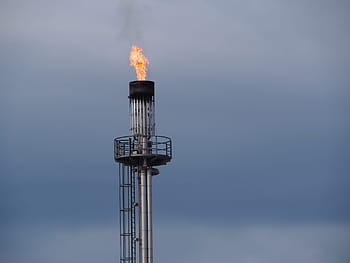-
Reaction from US oil and gas industry to methane charge mixed, but analysis suggests fairly low cost of compliance for considerable emissions reductions
Date posted:
-
-
-
Post Author
Patrick LaveryCombustion Industry News Editor
-
-

Reaction to the ‘methane charge’ component of the US Inflation Reduction Act has begun to surface following the passing of the legislation in August. The charge requires emitters of methane from certain types of oil and gas facilities to pay per tonne if they produce more than 25,000 tonnes/year of CO2-equivalent emissions and if they do not meet pending Environmental Protection Agency methane guidelines.
While there are many exemptions to the charge, a study recently released by the University of Maryland has estimated that the legislation could reduce US methane emissions by around 20% by the end of the decade. With the US committed to a 30% reduction in methane emissions by 2030 in a deal agreed as part of the COP26 conference in Glasgow last year, the government will be hoping the EPA guidelines will do the rest of the lifting. (The EPA’s own estimate is that its new guidelines will help reduce methane emissions by 74% from 2005 levels by 2035 from the sources that it covers.)
Meanwhile, the American Petroleum Institute’s senior vice-president, Frank Macchiarola, said: “Fundamentally, we don’t think the government should raise taxes, particularly in the middle of a recession. And in the middle of a global energy crisis.” Similarly, a spokesperson for the Independent Petroleum Association of America said that the methane charge was “targeting our industry for purposes of targeting our industry — as a way to try to further argue that oil and natural gas is a bad product”.
Not all industry agrees, with Shell saying it supported the charge “because it incentivises industry to do more. Lawmakers listened carefully in crafting a bill that is not duplicative of current or potential future regulations but could lead to meaningful methane emissions reductions not covered by current laws.” An estimate by S&P Global Commodities is that the charge would add about 50 cents to the cost of production of a barrel of oil.
